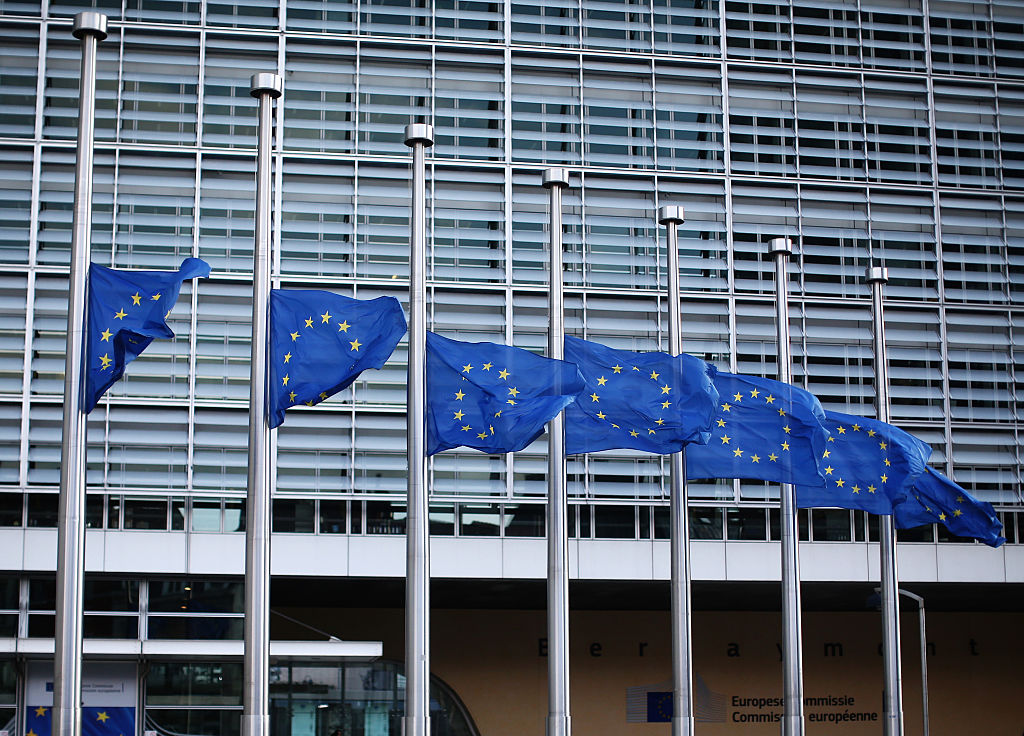Europe and the European Union, what are the differences?

There Brexit has made many people wonder what the Difference between Europe and European Union. In summary, Europe is a continent with a more or less defined territory, while the European Union is a political and economic organization that only a few states have joined. Here is a fuller explanation of the matter.
What is Europe?
Europe is the area in the western part of Eurasia and is considered a continent, although theoretically it does not have physical boundaries so defined that they can be clearly separated from Asia. Europe is therefore considered to be a continent in its own right, above all because it is a region with many common or at least special characteristics and dynamics in social, economic, cultural, historical and geopolitical terms.
The most problematic is the eastern and south-eastern borders of Europe. Somehow, Europe is simply a peninsula of Eurasia, not separated from the rest of the territory by a clear natural boundary. Hypotheses about the eastern and south-eastern borders of Europe are many and vary between different scholars and European countries.
What is the European Union?
The European UnionInstead of this, is an economic and political organization with voluntary membership, to which 27 European countries belong. The process of its formation began after World War II and was overseen by the US and approved by six founding states: Germany, France, Italy, Netherlands, Belgium and Luxembourg. The latter brought the EEC (European Economic Community) into being on March 25, 1957 with the signing of the famous Treaty of Rome.
Gradually, the organization gathered members and on February 7, 1992 thanks to the Maastricht TreatyThe EEC gained official political weight and became the EC, the European Community, whose current structure, called the EU (European Union), took shape after the signing of the Lisbon Treaty on December 13, 2007.
The European Union comprises only 27 European countries (out of the 44/50 physically based in Europe) and differs from Europe only in that it is a political and economic organization with its own decision-making and institutional system. In fact, the EU has competences and powers in different sectors such as trade, agricultural policy, security and defence, environment, justice, education and research.





